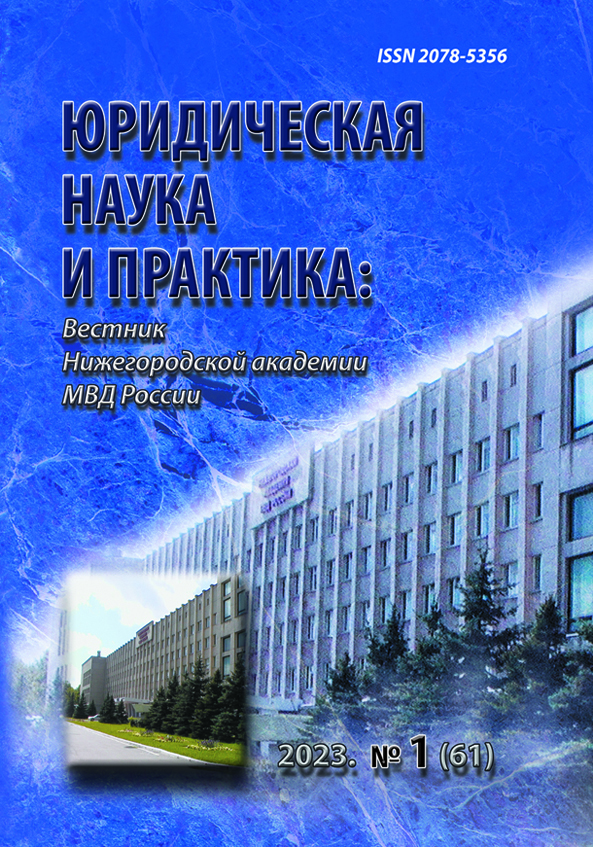Russian Federation
Russian Federation
Russian Federation
In the conditions of digitalization processes being actively introduced into the economy, the issues of evaluating the effectiveness of their practical application become relevant. The judicial system is no exception, since the use of modern information technologies, including artificial intelligence (further — II) systems, in making court decisions will help reduce the material costs of the functioning of courts, reduce labor and time costs, and minimize the risks of making erroneous decisions. As a result, the burden on judges will decrease, while the total volume of cases going through the court will increase. Accordingly, the purpose of this study is to develop tools for assessing the economic efficiency of the introduction of II systems in judicial activity based on existing methods proposed by various authors. Based on the index method, a methodology for assessing the economic efficiency and feasibility of scientific and technical solutions in the judicial system was proposed. A methodology for assessing the budgetary effect of the introduction of II systems in courts is proposed, on the basis of which it is possible to assess the return on investment. A preliminary assessment of the economic efficiency of the introduction of II in the judicial system allows you to predict the possible results of the functioning of the judicial system in the future, and an assessment of the budget effect — to ensure cost savings due to reduced costs due to the introduction of the II system in court.
artificial intelligence in court, economic efficiency, artificial intelligence system
1. Lorizio M., Gurrieri A. R. Efficiency of Justice and Economic Systems. Procedia Economics and Finance, 2014, no. 17, pp. 104-112, doihttps://doi.org/10.1016/s2212-5671(14)00884-3.
2. Khalyasmaa A. I., Eroshenko S. A. Evaluation of the effectiveness of artificial intelligence methods for assessing the effectiveness and feasibility of scientific and technical solutions and technologies. International Conference on Soft Computing and Measurement, 2017, no. 2, pp. 526-529. (In Russ.)
3. Dolgova E. V., Kurushin D. S., Fayzrakhmanov R. A., Vasilyeva E. E. Evaluation of the economic efficiency of using an artificial intelligence system in the control system of an autonomous robotic complex. Bulletin of the Perm National Research Polytechnic University. Socio-economic sciences, 2018, no. 3, pp. 253-265. (In Russ.)
4. Fasfeld G. Efficiency of scientific research and development, Publisher: Moscow: Economics Publ., 1986. 144 p.
5. Baibarov D. A. Evaluation of the productivity and economic efficiency of artificial intelligence technologies for automating the processes of exploration and production of oil and gas. XXI century: the results of the past and the problems of the present plus, 2021, no. 3 (55), pp. 100-105. (In Russ.)
6. Karpychev V. Yu., Shalnova Yu. P. Big Data Technology Monetization: Information Cost Modeling. Economic analysis: theory and practice, 2020, no. 11 (506), pp. 1990-2011. (In Russ.)
7. Karpychev V. Yu. Investing in Information Technology: Problems and Solutions. Economic analysis: theory and practice, 2010, no. 25 (190), pp. 2-8. (In Russ.)












